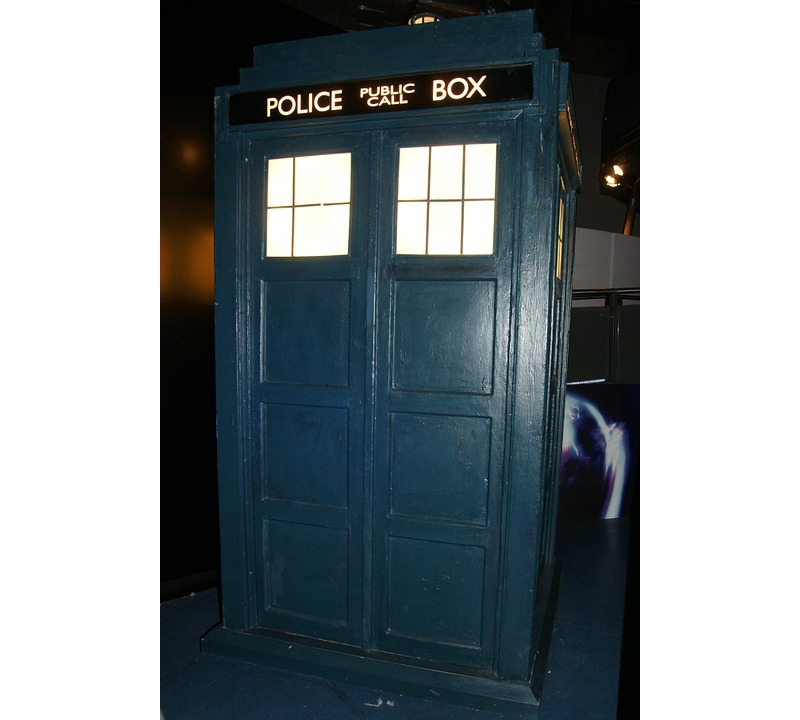- 3-minute read
- 18th September 2016
Past, Present or Future? (Tense Use in Academic Writing)
Join us as we take a journey through the past, present and future! Nope, sorry, we’ve not developed some kind of proofreading-based Tardis. But we are working on it.

For now, though, we’re here to talk about tense use in academic writing. The main question we’re asked on this front is whether to use the past tense or present tense, but a well-written essay will often include both. Even the future tense is useful sometimes, as we shall see…
The Present Tense
The present tense is used for describing current events or states of being. This makes it the default tense for most aspects of academic writing, including things like:
- Stating current facts, theories or generalisations (e.g. ‘The economy remains strong…’)
- Describing the results of an experiment (e.g. ‘The data shows that…’)
- Reporting opinions or claims (e.g. ‘Dr Jones believes that…’)
You might also want to use the present or present perfect tense in your literature review when describing past research, especially if the studies described are still relevant to your subject area.
The Past Tense
The past tense applies to things that have already happened. In academic writing, it’s mostly used in two situations. Firstly, describing events that occurred in the past or ideas that are no longer held by the people to whom they’re attributed:
Pegg and Frost (2004) previously claimed that dogs cannot look up. However, after additional research they abandoned this position (Pegg and Frost, 2010).

And secondly, describing the methods you have used for an experiment or study:
After a pilot test, the survey was sent to 50 participants at five different companies.
Find this useful?
Subscribe to our newsletter and get writing tips from our editors straight to your inbox.
Subscribe to Beyond the Margins and get your monthly fix of editorial strategy, workflow tips, and real-world examples from content leaders.
However, some universities have specific requirements for how the methodology section of dissertations and theses should be written, so remember to check your style guide.
The Future Tense
The future tense is used for discussing things which haven’t occurred yet or that are expected to happen at some point.
![If you miss the turn, you have to go back round to the beginning of time. [Image: Buck/flickr]](/wp-content/uploads/2019/12/3721809183_847a705f0c.jpg)
There are a few additional situations in which the future tense is used in academic writing, including:
- Making predictions about the future
- Recommending potential applications of your research
- Suggesting possible areas of further research opened by your work
In all these cases, the key factor is that you’re describing something that is yet to happen.
Other Tenses
Grammatical tenses include a variety of forms in addition to those described above, such as the ‘future perfect’ (used to describe events expected to occur before a stated time in the future) or ‘past continuous’ (used for describing a continuous action that happened in the past).
Many of these are only used in specific situations, so won’t apply to most parts of an essay. Nevertheless, you should make sure you know how they work if you do need to use them.